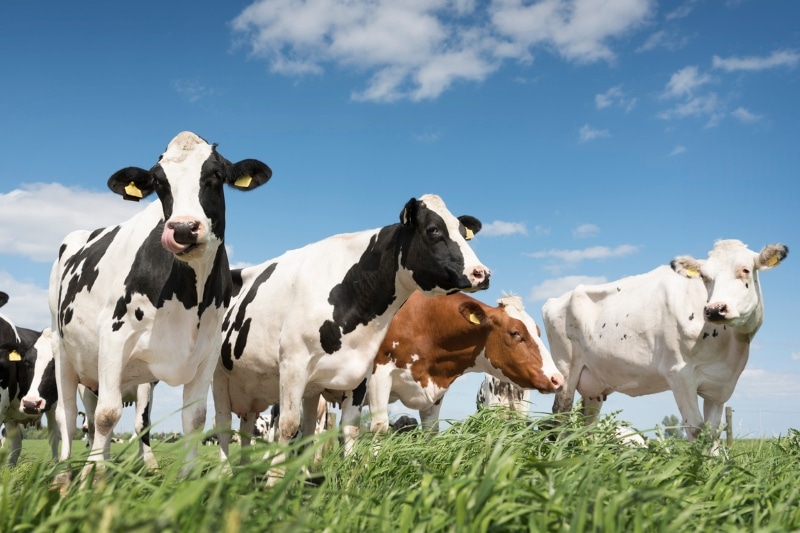FAO, in collaboration with the Ministry of Agriculture (MoA)’s Data and IT Center (Pusdatin), launched an agricultural digitization strategy in Indonesia. The national e-agriculture strategy aims to provide the Ministry with the necessary tools to speed up agricultural development at all stages – upstream, on the farm, and post-harvest.
The Ministry requires various tools, including data on cultivated land area, productivity, marketing channels, commodity prices diversification, and food safety, to facilitate the development of an Early Warning System (EWS) that can mitigate the impact of disasters in the country.
Accurate data is needed considering that Indonesia, as the fourth most populous country in the world, is a major producer of agricultural products. Almost 45% of the population lives in rural areas, and more than 90% of the rural population works in the agricultural sector as small farmers. Agricultural land accounts for 32% of the country’s total land area, and the agricultural sector contributes about 14% of the national GDP.
But the fact is, the agricultural sector still faces various challenges. These include high production costs and labor-intensive practices. Smallholder farmers have always worked hard but have not received an equal share of the benefits of their hard work.
The National E-agriculture Strategy Roadmap states, among other things, that by 2027, Indonesia will have an integrated database for farmland and farmers, as well as provide a digital early warning system for disasters that threaten agricultural production and run a system for agricultural data collection, extraction, and analysis.
One of the main entry points for the transformation of the agri-food system in Indonesia is the digitalization of agriculture. One of the core digital solutions in the National e-Agriculture Strategy is a reliable database for decision-making. This is outlined in the Data Collection Platform (DCP) system that can collate agricultural data from various sources and systems.
Together with the Faculty of Agriculture at Gajah Mada University, the Ministry of Agriculture and FAO created a web-based and mobile DCP that can record data in real-time. The data collected and compiled by the DCP in the field is linked to the Ministry of Agriculture’s Agriculture War Room (AWR) in Jakarta.
Agricultural Extension Officers in Margoluwih Village, Yogyakarta, and coffee farmers in Pupuan Village, Bali have been part of the pilot project of DCP. In January 2023, the Ministry of Agriculture expanded the pilot project to Subang, West Java. FAO, together with the National Research and Innovation Agency (BRIN), is also developing a database to calculate the total farmland area and ongoing crop yields.
(Source: Tempo.co)
